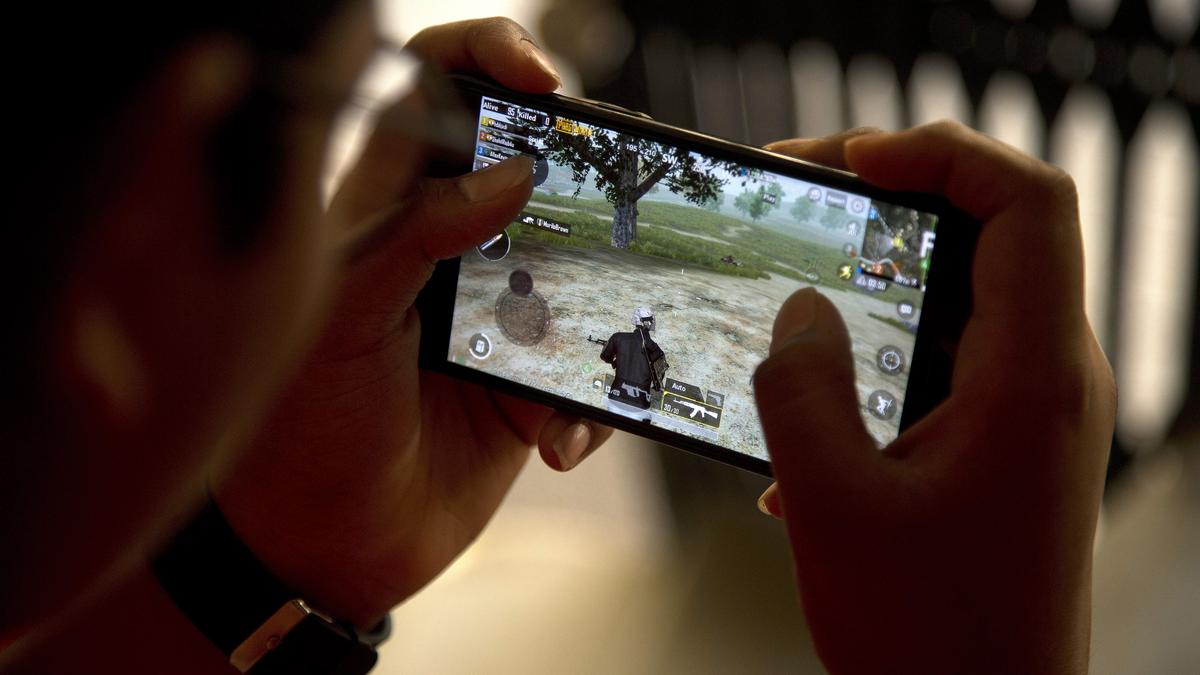
After Australia legislated a teen social media ban, it has to figure out how to enforce it
The Hindu
The study, one of the biggest ever trials of age-checking technology, will likely set the course for lawmakers and tech platforms around the world.
Software testers hired by Australia's government to determine how to enforce the world's first national teen social media ban have worked on defence and election contracts but will use another experience to guide their study: wrangling their own children online.
"We're all parents of kids of various ages and we're definitely aware of all the little tricks kids do," said Andrew Hammond, general manager at tech contractor KJR which will conduct the trial on about 1,200 randomly chosen Australians from January to March.
"Kids are quite resourceful so we'll definitely have our eyes and ears open," added Hammond, whose company's previous projects included checking deployment software for Australian troops in Afghanistan.
The study, one of the biggest ever trials of age-checking technology, will likely set the course for lawmakers and tech platforms around the world as they navigate a push to age-restrict social media at a time of growing concern about youth mental health and data collection.
From late 2025, platforms including Meta's Instagram, Elon Musk's X, TikTok and Snapchat must show Australians they are taking reasonable steps to keep out users under 16 or face fines up to A$49.5 million ($32 million). Google's YouTube, a classroom staple, is exempt.
But the legislation does not specify what those reasonable steps must be. That is down to the trial, overseen by the Age Check Certification Scheme, a British consulting firm, which expects about 12 participating tech firms and must give recommendations by mid-2025.
Options include age estimation where a user's video selfie is biometrically analysed then deleted; age verification where a user uploads identifying documents to a third-party provider which sends an anonymous confirmation "token" to the platform; and age inference where a user's email address is cross-checked with other accounts.

The Karnataka government has drafted a comprehensive master plan for the integrated development of Kukke Subrahmanya temple, the State’s highest revenue-generating temple managed by the Hindu Religious Institutions and Charitable Endowments Department. The redevelopment initiative is estimated to cost around ₹254 crore and aims to enhance infrastructure and facilities for devotees.












